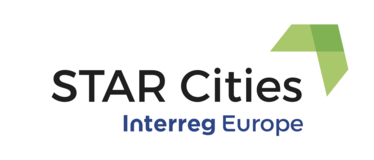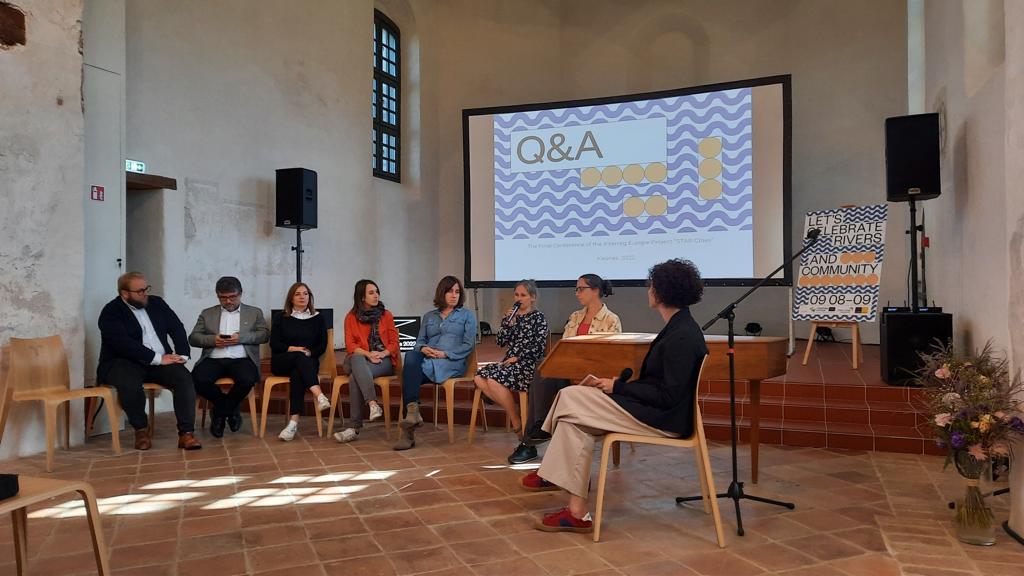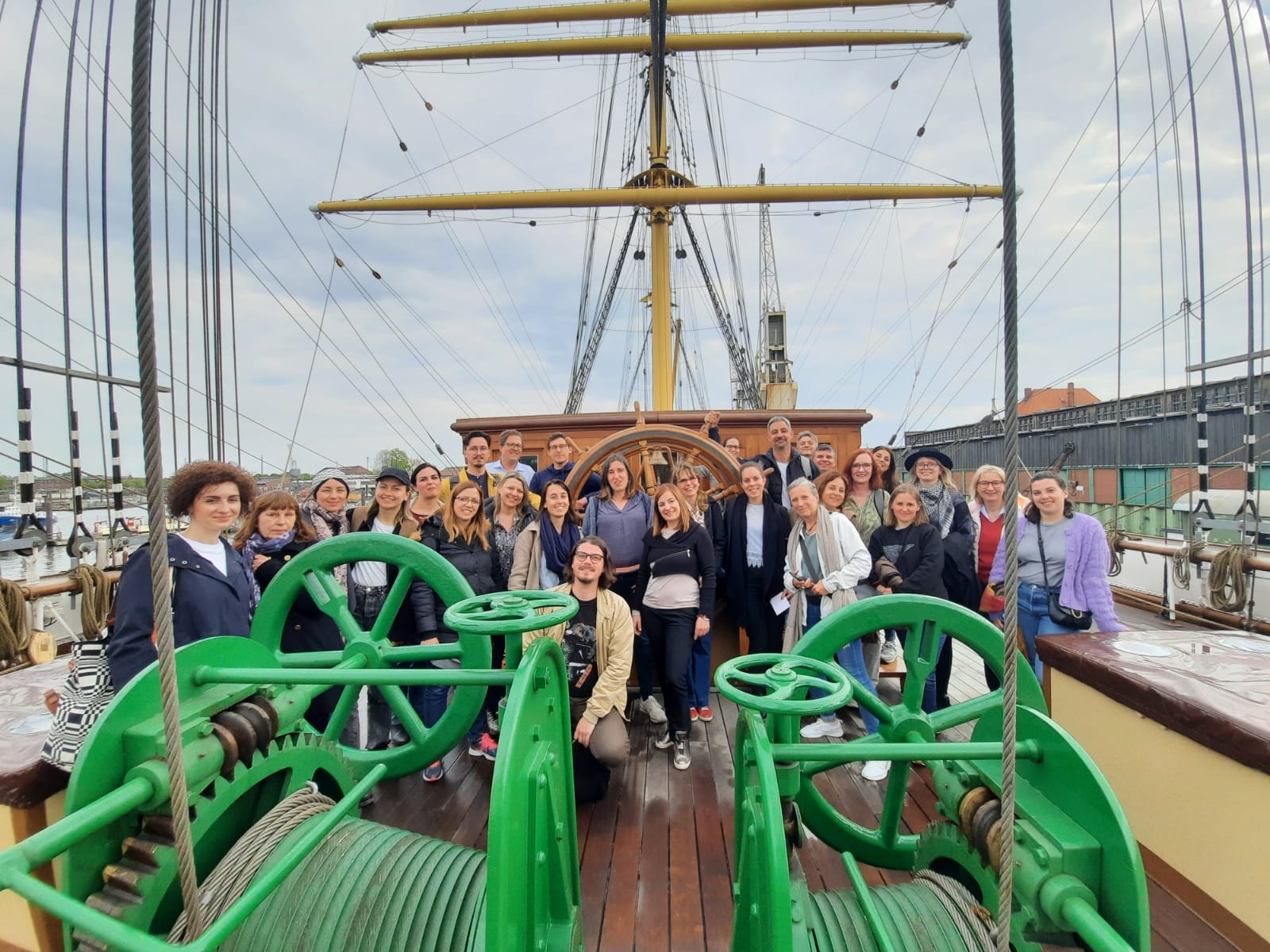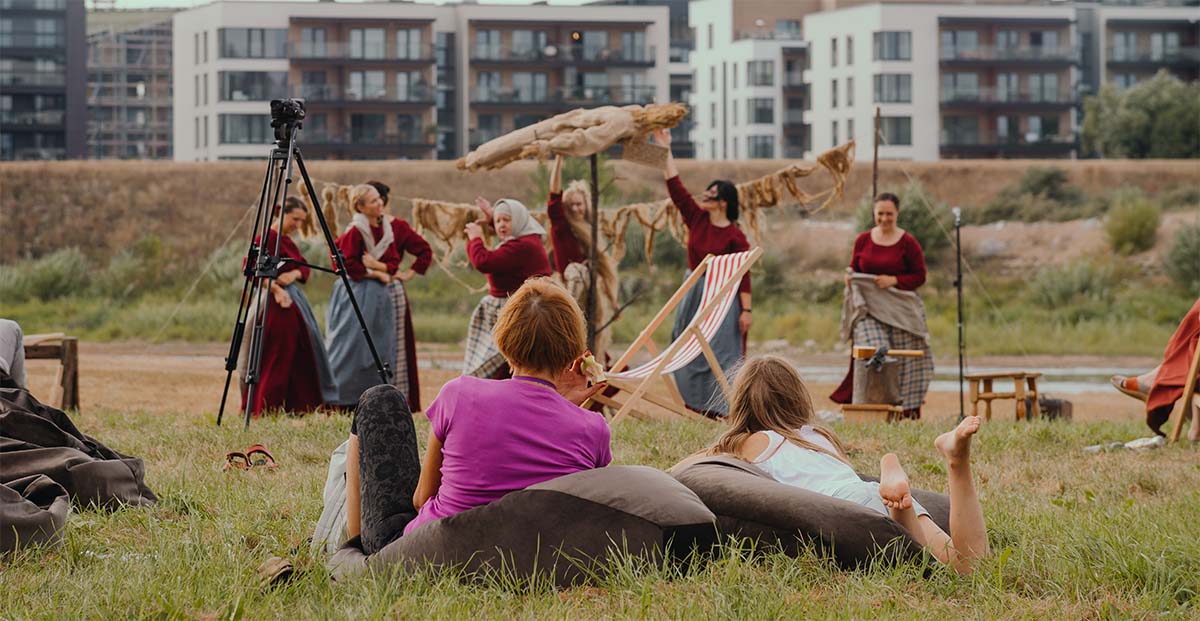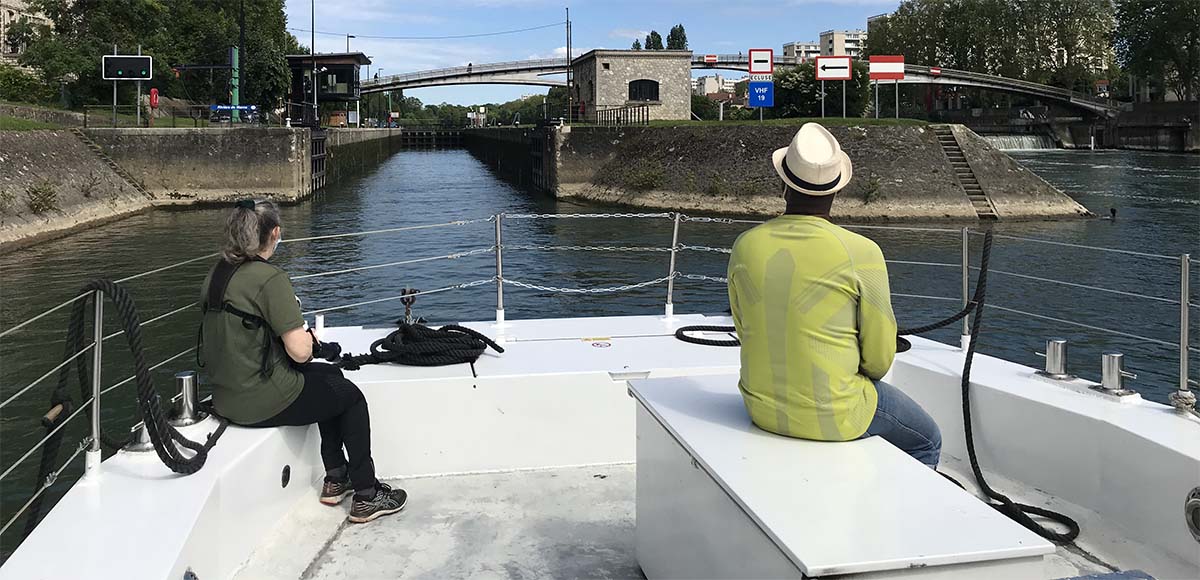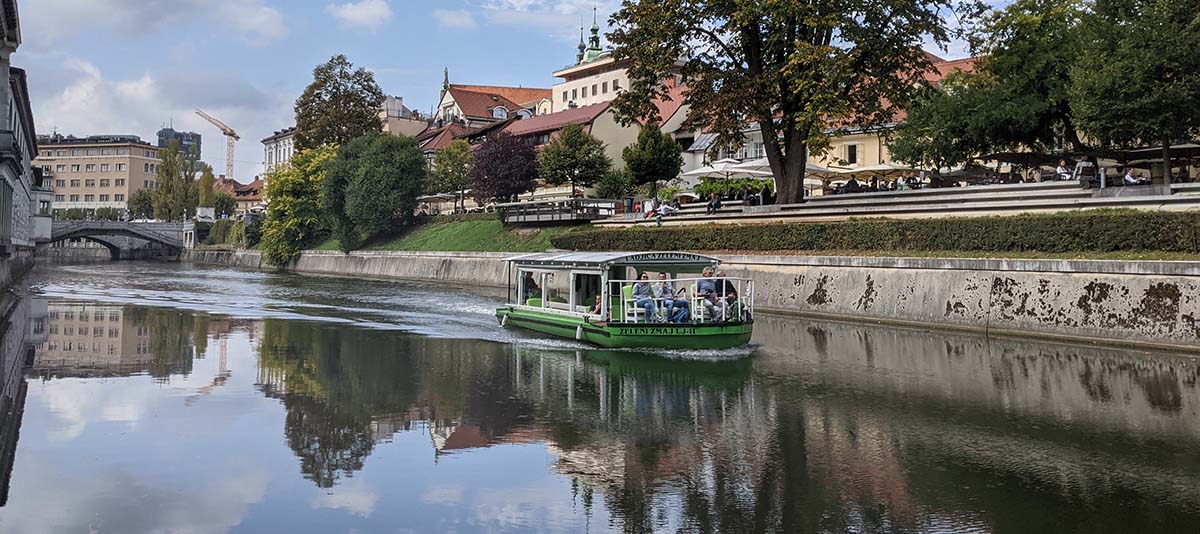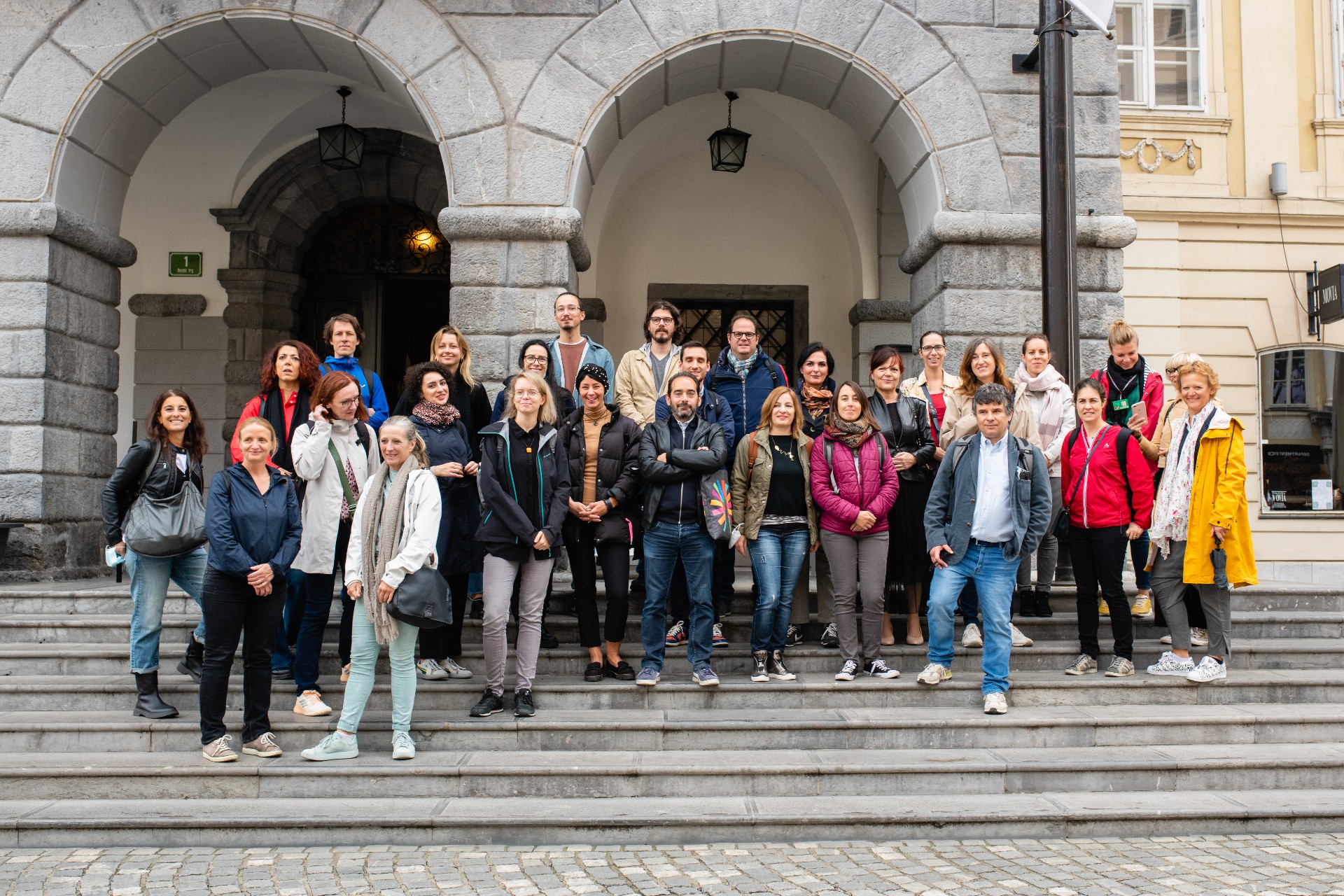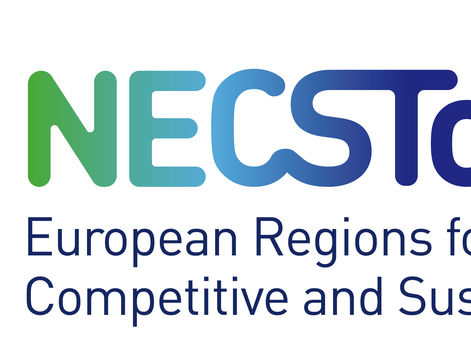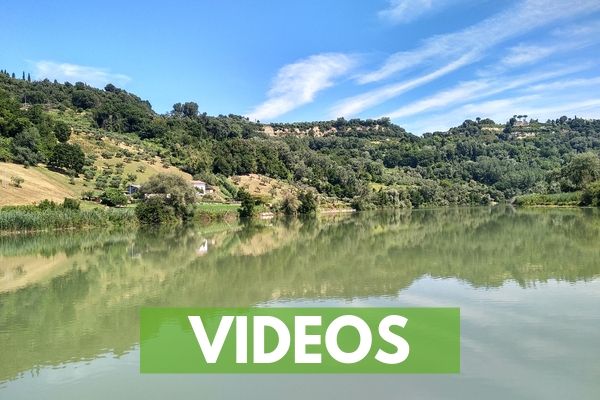Presentation of STAR Cities' partner The Free and Hanseatic City of Hamburg
Hamburg Metropolitan Region with its 5.3 million inhabitants is a region worth living in and a dynamic economic area. It is comprised of the Free and Hanseatic City of Hamburg – the 2nd largest city in Germany – and parts of 3 surrounding federal states: Lower Saxony, Mecklenburg-Western Pomerania, and Schleswig-Holstein.
It is one of 11 metropolitan regions in Germany that make up more than half of the total area of Germany and are home to about 2/3 of its entire population. It is politically, and its definition has changed over time. Cooperation within the region dates back to the 1950s. Over the past 15 years, the region saw several geographical expansions as well as an inclusion of a larger group of stakeholders like several Chambers of Commerce, Chambers of Crafts and the Federation of German Trade Unions.
Our two main objectives are: strengthening the cooperation within the region. So cooperation inside the region between partners like administrations, stakeholders, companies and universities is one of our main issues. The other one is to enhance international competitiveness. Like every big-city-region we have to compete globally. That´s why size makes a difference. Hamburg itself is too small – its partner city Shanghai has 21 million inhabitants.

What is your role in STAR Cities ?
The touristic development of the region is one of our important activities to meet our objectives: Cooperation in this field helps us to both strengthen cooperation within the region as well as to increase our international competitiveness. We started to promote the region as a destination for day trips about 10 years ago. For example, we run projects that foster tourism development along the River Elbe and organize a bi-annual Festival of Maritime Industrial Heritage. The Elbe River Cycle Path is one of Germany’s most popular destinations for cyclists.
So it can be said that tourism along the River Elbe in the region is quite well developed. We would like to share our valuable experiences with the Star Cities partners from Europe.
On the other hand there are still some things to learn and to improve. How can we develop intelligent mobility concepts to connect the city with the rural areas not only for commuters but also for tourists? How can we support sustainable structures for recreation and tourism to strengthen the economy in rural areas? How can nature conservation issues be reconciled with touristic development?
These are some of the topics we would like to discuss with the Star Cities partners in order to improve our strategies.

Why have you decided to join STAR Cities and what do you expect from it ?
The project’s objectives correspond to our own regional objectives: the development of tourism along the River Elbe has been one of our main activities over the past decades. We have been working together on a local basis in order to increase the attractivity of our riversides. However, we know that there is still a lot to do in our region, for example in the areas of connectivity, product quality or promotion.
We have quite a lot of experience on the local dimension that we would be happy to share with the international partners.
STAR Cities adds an international to the local dimension: We hope to be able to gain new impulses and ideas from the international partners. In the end, we hope that the engagement in the project will add new momentum to the long-established cooperation structures along the Elbe and will set in motion a new phase of project development.
As this is the first time for us to take part in a European project, we also hope to benefit from the other partners´experiences in INTERREG Europe projects.
What are the main stakeholders you are planning to involve in STAR Cities ? What is your organisation‘s relationship with them ?
Our main stakeholders come from regional tourism agencies, administrations, politics, and other associations. Despite the heterogenity of the different stakeholders they need to work together to better address joint challenges. Most of them are somehow involved in the organisation of Hamburg Metropolitan Region or are already active (or former) partners in one of our projects.

What are your territory goals and challenges related to riverside tourism development ? How would you ideally see your region develop over the next few years ?
In terms of tourism we would like to reach a spill-over effect of the core city into more rural areas in order to better use its full potential. But preservation of natural assets and the improvement of biodiversity in combination with experiencing nature is also a big issue. A better joint marketing could lead to a unique profile and image of the region.
We definitely also want to: involve large parts of the region to strengthen the rural areas, integrate different partners, establish permanent structures and improve the quality of life.
